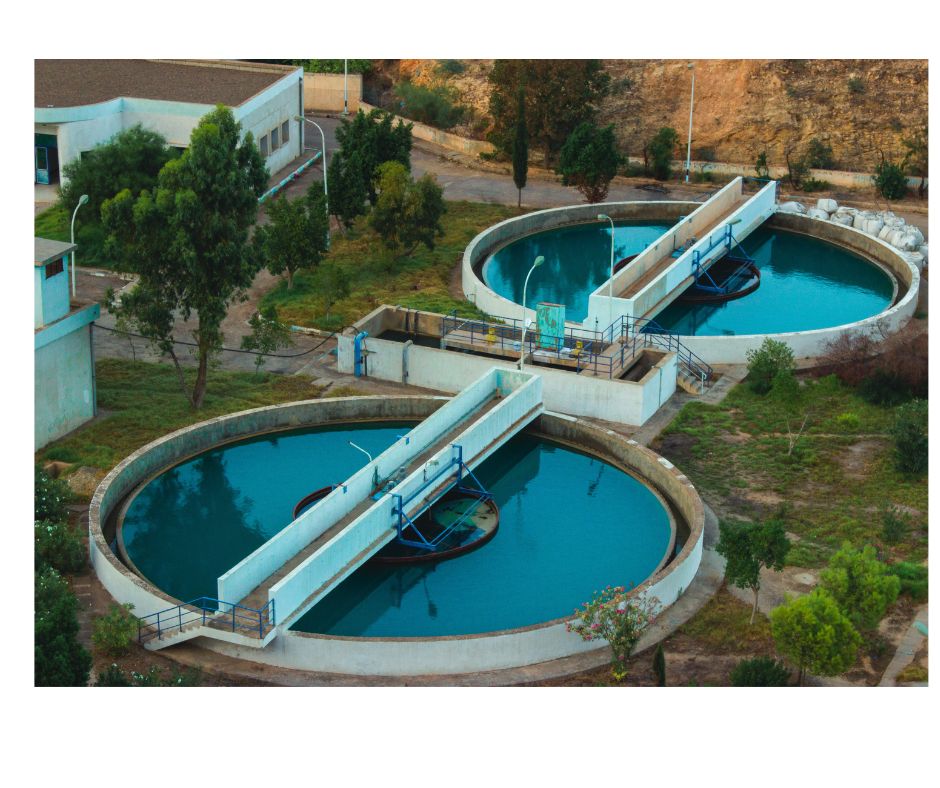The Water Treatment Sector: An Overview
The water treatment industry is a critical global sector, addressing challenges related to clean water access, wastewater management, desalination, and industrial water recycling. With increasing concerns about water scarcity, climate change, and regulatory compliance, the industry has witnessed significant investment and consolidation. Companies in this sector seek technological advancements, geographical expansion, and market share growth through mergers and acquisitions (M&A). The industry includes major players such as Veolia, Suez, Xylem, and Ecolab, among others, who actively engage in acquisitions to strengthen their competitive edge.
M&A Activity in the Water Treatment Sector
Mergers and acquisitions in the water treatment sector are frequent, driven by multiple factors, including:
- Technological Advancements: Companies acquire firms specializing in new filtration, desalination, and wastewater treatment technologies.
- Market Expansion: Large corporations seek to expand their geographical presence, particularly in emerging markets.
- Regulatory Compliance: Stricter environmental regulations drive acquisitions of firms with advanced compliance solutions.
- Cost Efficiency and Synergies: Companies consolidate operations to reduce costs and improve efficiency.
- Sustainability Initiatives: Growing ESG (Environmental, Social, and Governance) concerns push firms to acquire sustainable water treatment solutions.
Major M&A Deals in Water Treatment
Below are ten of the largest M&A deals in the water treatment industry, including their value and strategic rationale:
-
- Veolia’s Acquisition of Suez (2021) – $15 billion
- One of the largest water sector deals, allowing Veolia to strengthen its global footprint and technological capabilities.
- Xylem’s Acquisition of Evoqua (2023) – $7.5 billion
- This deal positioned Xylem as a leader in water solutions by integrating Evoqua’s industrial and municipal water treatment expertise.
- Danaher’s Acquisition of Pall Corporation (2015) – $13.8 billion
- Enabled Danaher to expand its portfolio in filtration and purification technology.
- Ecolab’s Acquisition of Nalco (2011) – $8 billion
- Strengthened Ecolab’s position in water treatment solutions for industrial applications.
- GE Water & Process Technologies Acquired by Suez (2017) – $3.4 billion
- Boosted Suez’s position in industrial water treatment services.
- Pentair’s Spin-off of nVent (2018) – $4 billion
- While not a direct acquisition, this strategic move allowed Pentair to focus on water treatment solutions.
- Kurita Water Industries’ Acquisition of Fremont Industries (2017) – Undisclosed
- Strengthened Kurita’s presence in North America with expanded water treatment capabilities.
- China Everbright Water’s Acquisition of Dalian Dongda Water (2019) – $1 billion
- Expanded Everbright’s reach in municipal and industrial wastewater treatment in China.
- OriginClear’s Acquisition of Progressive Water Treatment (2015) – Undisclosed
- Helped OriginClear expand its market in decentralized water treatment.
- Jacobs Engineering’s Acquisition of CH2M (2017) – $3.27 billion
- Enhanced Jacobs’ expertise in water infrastructure and project management.
Successful vs. Unsuccessful M&A
Successful Deals:
- Veolia & Suez: Despite initial regulatory challenges, this deal successfully created the world’s largest water treatment company.
- Xylem & Evoqua: The acquisition successfully expanded Xylem’s technological portfolio and industrial market reach.
- Ecolab & Nalco: This deal helped Ecolab gain a strong foothold in industrial water treatment, boosting long-term profitability.
Unsuccessful Deals:
- GE Water’s Sale to Suez: While financially beneficial, integration challenges limited immediate synergies.
- Failed Veolia-Suez Merger Attempt (2012): Regulatory hurdles prevented an earlier combination of the two giants.
M&A Activities Across Global Regions
M&A activity in the water treatment sector varies significantly across different regions.
In the United States and Europe, consolidation efforts have been driven by technological advancements and sustainability initiatives, with companies such as Xylem and Veolia leading acquisitions.
The Asian market, particularly China and Japan, has seen aggressive M&A moves as firms like Kurita Water and China Everbright Water expand their industrial treatment capabilities.
Africa is witnessing increased investment from global players due to its pressing need for clean water solutions, with major projects funded by both local governments and international firms.
Australia, facing persistent drought challenges, has seen M&A activity centered around desalination and wastewater recycling technologies, with firms like Pentair and Suez playing key roles. These regional trends highlight the dynamic nature of the water treatment industry and the strategic imperatives driving consolidation efforts.
Recent M&A Activities in 2024-2025
As of 2024-2025, M&A activities in the water treatment sector remain robust, driven by technological innovations and sustainability initiatives. Some notable deals include:
- Ecolab’s Acquisition of Kurita Water’s Industrial Division (Estimated $2.1 billion): This deal enhances Ecolab’s presence in the Asian and European industrial water treatment market.
- Xylem’s Purchase of Saur Group’s Water Treatment Business (Estimated $1.8 billion): Strengthens Xylem’s municipal water and wastewater capabilities across Europe.
- Veolia’s Acquisition of a Stake in Manila Water (Estimated $1.2 billion): Expanding its footprint in Southeast Asia to tap into the growing demand for urban water management solutions.
- China Everbright Water’s Acquisition of a Major African Water Utility (Estimated $900 million): A strategic move to enter high-growth markets in Africa, focusing on wastewater treatment and desalination projects.
- Growing Private Equity Investments: Firms like Blackstone and KKR are actively investing in water infrastructure projects, with KKR acquiring a controlling stake in an Australian desalination firm for approximately $750 million.
- Pentair’s Acquisition of a Middle Eastern Desalination Technology Company (Estimated $600 million): Positioning itself in the arid-region water treatment market.
These transactions reflect the industry’s ongoing evolution, with companies leveraging M&A to gain technological edge, expand into emerging markets, and meet global sustainability demands.
Conclusion
Mergers and acquisitions in the water treatment industry continue to shape the future of clean water access and sustainability. Strategic deals are driven by technology, market expansion, and regulatory requirements. With rising global demand for water solutions, M&A activities will remain a key growth driver in this critical sector.

